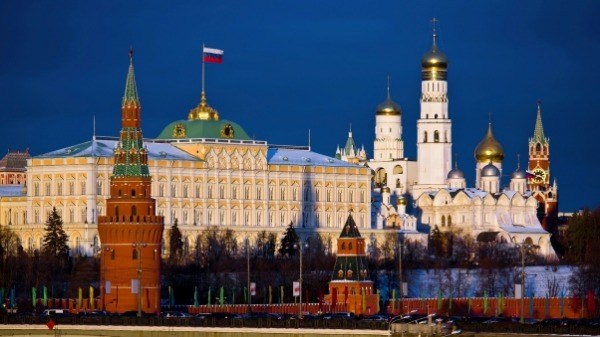Kremlin warns Google against 'interfering in Russian elections'
Google, which owns YouTube, has entered into discussions with “the Russian competent authorities” regarding the videos posted by Russian oppositionist Alexei Navalny calling for protests against pension reform, stated Andrey Klimov, chairman of the Russian Federation Council’s temporary commission on protection of state sovereignty.
“This gives reason to hope for the possibility of preventing interference in the Russian elections by the mentioned American corporation,” he said. If Google violates Russian legislation, Russia will be forced to adopt “adequate response measures”, the senator noted.
On Thursday September 13, the commission will hold a session where it will make an official decision “on the event of noncompliance by Google or any other foreign structure with the requirements of Russian law”.
During an earlier session of the commission, representatives of the Central Election Commission, Roskomnadzor (The Federal Service for Supervision of Communications, Information Technology and Mass Media), and the Prosecutor General’s Office said that they had sent Google a warning letter. They emphasized that protests on Election Day, which Navalny is calling for, could lead to a massive violation of Russian law. For example, Russian law prohibits political agitation on voting day and the day before. The Civic Chamber announced that it had put forward proposals to change media-related legislation in the State Duma. Foreign Ministry spokesman Andrei Nesterenko said that US information resources are “millimeters” away from violating Russian electoral legislation.
Google responded that it would consider all reasonable demands by the Russian government.
The Anti-Corruption foundation, which was founded by Navalny, does not agree with the claims of the Central Electoral Commission and other government structures. “Electoral legislation does not establish any specifics for holding public events on election day, neither are there any in the legislation on public events,” commented foundation lawyer Ivan Zhdanov on Facebook. He added that, according to the law, only calls to vote for or against a specific candidate are considered pre-election agitation.
Kremlin Spokesman Dmitry Peskov said that the Kremlin is aware of the situation. According to him, this is “the normal day-to-day work [of Roskomnadzor and the Central Election Commission] – monitoring various media and information platforms with respect to compliance with current legislation”.
On August 7, Navalny announced his protest action in connection with the government’s decision to raise the pension age. The oppositionist plans to organize rallies in more than 50 Russian cities. St. Petersburg has given authorization for a protest, but the Moscow city hall has not.
